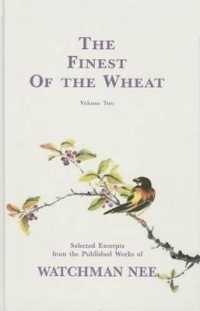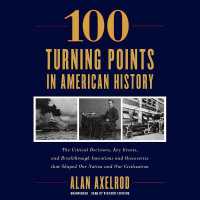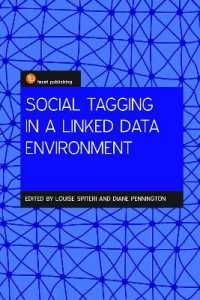Full Description
This work uses economic theory, simple probability, statistical concepts and game theory to analyze the economics of professional sports. It treats sports leagues as cartels and uses historical examples to test theories regarding labor economics. Many key issues that have sparked raging arguments among fans and writers are addressed, including free agency's effect on competitive balance, how rising player salaries have/haven't affected ticket prices, and the effect of a new stadium on the local economy, among many others.
Instructors considering this book for use in a course may request an examination copy here.
Contents
Table of Contents
Preface and Acknowledgments
Introduction
1. Why Economists Are Not Like Most People
2. Sports Numeracy
3. Game Theory Applied to Sports
4. Demand for Games and Profitability
5. Competitive Balance, Player Movement, and the Reserve Clause
6. Will Revenue Sharing Enhance Parity?
7. Why Professional Athletes Make Big Bucks
8. Discrimination in the World of Sports
9. Keeping Out the Riff-Raff
Conclusion
Chapter Notes
Bibliography
Index








